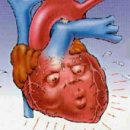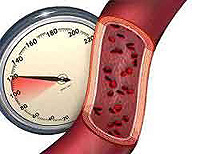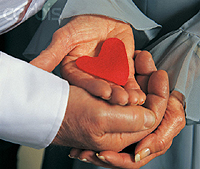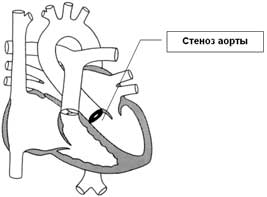Arterial hypotension is a condition in which blood pressure is reduced to a tangible limit. The value of such a decrease is individual, but usually it is below 100/60 mm RT.Art. For men and 95/60 mm RT.Art. for women.
Content
Acute hypotension
Collapse - a sharp drop in the tone of the vessels, the shock-paralytic extension of the vessels is usually accompanied by a decrease in the flow of oxygen in the brain (hypoxia) and a decrease in the functions of vital organs, which requires immediate medical care. The severity of the state is determined here not so much blood pressure, how much speed and degree of it is reduced.
Acute arterial hypotension may occur in acute insufficiency of blood circulation, severe poisoning (alcohol, drugs, medicines, especially fast– and short-range, for example, clofelin, nifedipine, captopril, nitroglycerin, etc.), acute infection and sepsis, blood loss, dehydration. Thus, the acute hypotension is more often a complication of the disease, has an obvious cause, which must first be taken into account in emergency treatment.
Chronic arterial hypotension
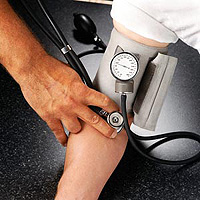 People inclined to chronic arterial hypotension are usually not exposed in a long term such a high risk of cardiovascular–vascular complications like «Hypertensive» And they are unreasonably paying significantly less attention. At the same time, in the elderly, hypotension increases the risk of ischemic stroke, and in young — worsens the quality of life and reduces the ability to capacity.
People inclined to chronic arterial hypotension are usually not exposed in a long term such a high risk of cardiovascular–vascular complications like «Hypertensive» And they are unreasonably paying significantly less attention. At the same time, in the elderly, hypotension increases the risk of ischemic stroke, and in young — worsens the quality of life and reduces the ability to capacity.
Why it happens?
Chronic hypotension can be an individual norm: appear as a consequence of high training (athletes), serve as an adaptation mechanism (residents of highlands, tropics, compassionaria). In these cases, it is not a disease and is not felt by a person.
At the same time, chronic arterial hypotension can be an independent disease or manifestation of another disease. It leads to a violation of the tone of the vessels (for example, with a terretous dystonia, some endocrine diseases) or a decrease in cardiac output (with heart failure, aortic valve stenosis, arrhythmias).
How it is manifested?
A peculiar and sometimes main manifestation of the arterial hypotension of any nature may be orthostatic (postural) hypotension – Additional pressure reduction immediately after transition from horizontal position to vertical. Usually it lasts 1–3 minutes. Ortostatic hypotension occurs more often in the morning, accompanied by a deterioration in the blood supply of the brain – Dizziness, darkening in the eyes, noise in the ears. Sometimes it leads to a fainting (with the danger of ischemic stroke) or a fall (with the possibility of injuries and fractures), especially in the elderly people. Ortostatic hypotension promotes long-term bedding, suffered severe diseases, operations, many drugs.
Chronic arterial hypotension, in addition to the above, can manifest itself weakness, fast fatigue, nervousness, fatigue already in the morning, low health, headaches, a tendency to faint, sometimes pain in the heart area. There are also poor tolerability of cold, heat, stuffiness, physical exertion, zray.
Diagnostics
Detect hypotension allows systematic change in blood pressure at different times of the day (t.N. Pressure profile). In some cases, daily pressure monitoring may be needed.
Diagnostics necessarily include the search for the disease, which led to a decrease in pressure. To this end, a cardiologist, in addition to a detailed survey and examination of the patient, can assign an ECG (including ECG at the load and daily monitoring of ECG), Doppler echocardiography and other studies.
Treatment
Treatment of chronic arterial hypotension usually complex. It includes normalization of lifestyle (rational alternation of labor and recreation, sufficient sleep), proper nutrition, elimination of bad habits. An important component of treatment is dosage physical exertion (therapeutic physical education), walks in the fresh air, contrasting shower.
Medications use natural tonic preparations based on ginseng, eleutherococcus, aralia, lemongrass and other plants.
Of course, if hypotension developed as a complication of another disease, treatment of the main disease is necessary.


